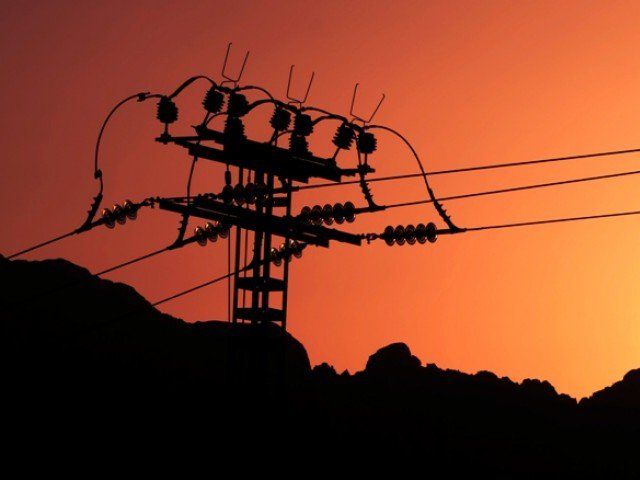
ISLAMABAD: The increasing slippage between consumers end billing/collection, the collection of general sales tax (GST) by the tax regulator on assessment instead of actual collection and tariff differential subsidy claimed from the government is contributing to the circular debt in the power sector.
It was revealed in a recently provided briefing by distribution companies which included Sukkur Electric Power Company (Sepco), reported Business Recorder.
A few years ago, the Ministry of Water and Power (MoWP) had instructed distribution companies (Discos) to include loan and markup amount in their books of accounts and provide a compliance report.
The previous government had setup Power Holding (Private) Limited (PHPL) to fetch funds for the settlement payment of IPPS via the Ministry of Finance.
PHPL needs finances for forward lending to Discos which manages it for making repayment of liabilities of Discos owed to NTDC and CPPA-G via a tripartite arrangement among PHPL, Discos and a consortium of sixteen commercial banks led by Habib Bank Limited.
A loan facility of up to Rs431 billion for Discos was arranged by PHPL/CPPA-G on part of Discos for FY17 as a term finance facility.
Sepco’s share in this amount stood at Rs42.28 billion and average mark-up rate being charged is 13 percent plus KIBOR plus 2 percent spread with a grace period of two years.
According to the briefing provided, during FY13 Sepco’s share in the original circular debt stood at Rs29.60 billion which in the following year decreased to Rs10.594 billion due to MoWP’s revised loan allocations.
This resulted in Sepco’s amount being revised downwards to Rs10 billion from Rs29 billion.
However, in the subsequent year, Rs3.109 billion was added to Sepco’s loan whilst Rs19.17 billion took its overall loan to Rs42.280 billion following an addition of Rs6.957 billion in FY17.






















